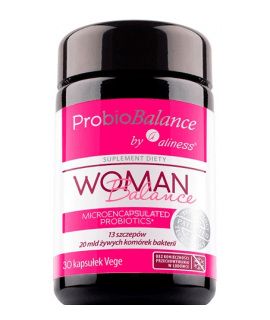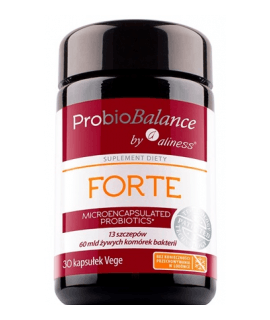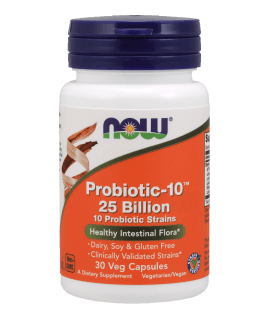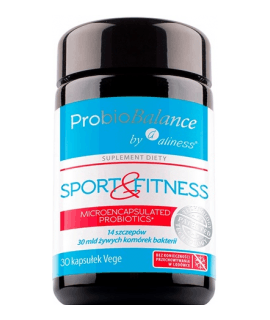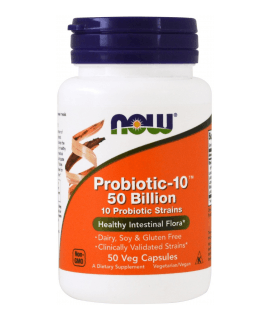What is Lactobacillus salivarius?
Lactobacillus salivarius is a probiotic bacterium found mainly in the colon, small intestine and vagina, but it has been also detected in the oral cavity. It competes on populated areas with pathogens for a source of nutrients and adhesion site, hereby supporting other friendly bacteria strains in fighting pathogens. By adhering to the intestinal mucosa, it supports the intestinal barrier function. It has also a significant immunomodulatory action. It improves the balance between Th1 and Th1 helper cells in asthmatics, showing consequently an anti-inflammatory action. It inhibits the secretion of proinflammatory cytokines and supports the treatment of many skin allergies.
By producing lactic acid, bacteriocins and small amounts of hydrogen peroxide, it inhibits the growth or reduces the number of fungi of the genus Candida, E.coli, Salmonella ssp., Streptococcus pyogenes and Helicobacter pylori. Along with Bifidobacterium breve, it promotes the removal of Streptococcus mutans in the oral cavity which is responsible for tooth decay, dental plaque formation and mouth ulcers.
Promising results have been also observed in reducing pain. It results from the fact that Lactobacillus salivarius has the ability to induce the expression of receptors associated with pain relief, in particular OPRM1 in the intestines. What is more, it influences the brain-gut connection, hereby improving gut health after taking antibiotics or damaged by pathogens. As a result, it can contribute to improving cognitive functions, reducing depressive states and anxiety. It has also shown a beneficial impact on the cardiovascular system by reducing cholesterol levels and blood pressure.
Lactobacillus salivarius is found mainly in complex probiotic or symbiotic formulas available at www.muscle-zone.pl
